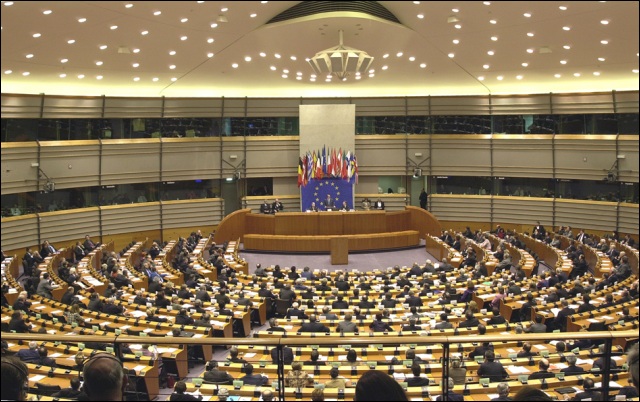There is constant talk about having certain runtimes on certain devices – it’s clear that in a perfect world where mobile devices have no constraints on CPU or power that mobile runtimes such as Flash and Java should be available on every device, but the real world does not operate like that. The most visible clash here is with Apple who have made a conscious decision to not have Flash on the iPhone, but Symbian and Nokia have made the same decision, for different reasons, in the past (running instead with a lite version of Flash).
Having a law that allows a regulatory body to force Company A to put Company B’s product on their platform is a very slippery slope. Having thought about the issue, it’s not one that I want to see on the statute books. What I would like to see is that Company A openly provides the documentation and information that would allow Company B to develop for the platform, and that the hardware (and software) of the platform would not put up a roadblock to the developed software.
In other words, the opportunity for any company should be there, but there should be no compulsion to force its inclusion on any hardware. That should be up to the market. If people want Flash, they can install it.

Writing a law to solve just the issue for Flash on smartphones would be a bad law. Forced inclusion would cripple the industry. Imagine if someone could make the case that Cobol was a significant language because it features on the majority of financial computers in the world – then it becomes a requirement for a smartphone platform. It would keep the lawyers on either side tied up for years, and in the meantime the developmental efforts would stall, trying to hedge and cover both results.
It’s far better to concentrate on the current paradigm and ensuring this continues to work, with open documentation, choice and transparency.
This still allows systems that can be completely open to third party applications, such as deskbound computing, signed and verified application ecosystems such as Symbian OS, and the more restrictive ‘check every app available’ environment that Apple prefers; but it removes the antitrust idea of “we don’t like this app” holding up third party developers.
Yes, it does mean that a closely tied competitive advantage (such as the symbiotic relationship of iPhone and iTunes) is minimised, but it opens up other areas of development and growth. Look at Microsoft’s Windows Media Player: by keeping it open to pretty much any hardware that follows the Media Device Protocol, it continues to prove useful, a consistent interface for users, and a standard that manufacturers and developers (including Symbian) can follow, knowing that it provides the broadest reach for connectivity.
While I agree that there has to be a balance between businesses and regulation, I’d argue that regulation should be there to keep platforms accessible to as many people as possible. It should not be there to impose a layer of uniformity over every single innovative piece of hardware or standout software suite.
-- Ewan Spence, July 2010.
